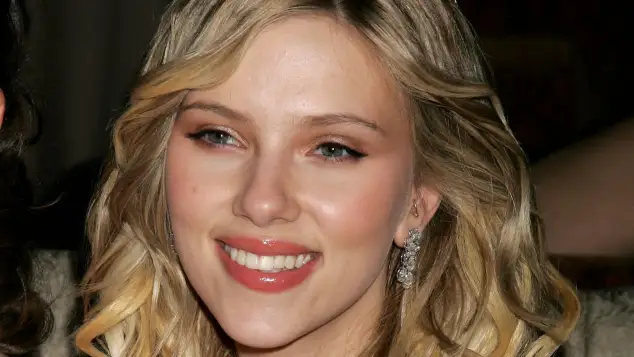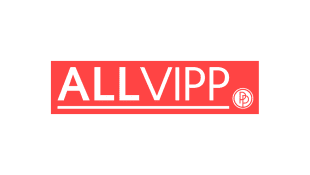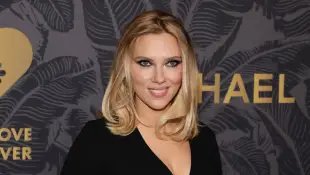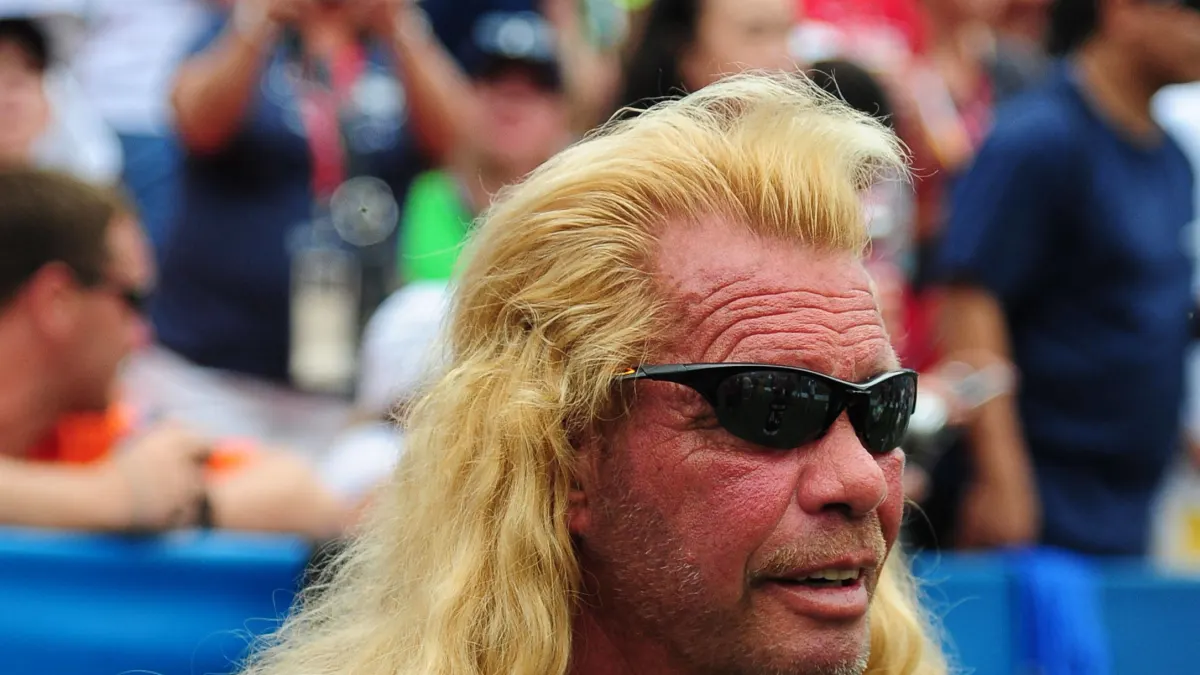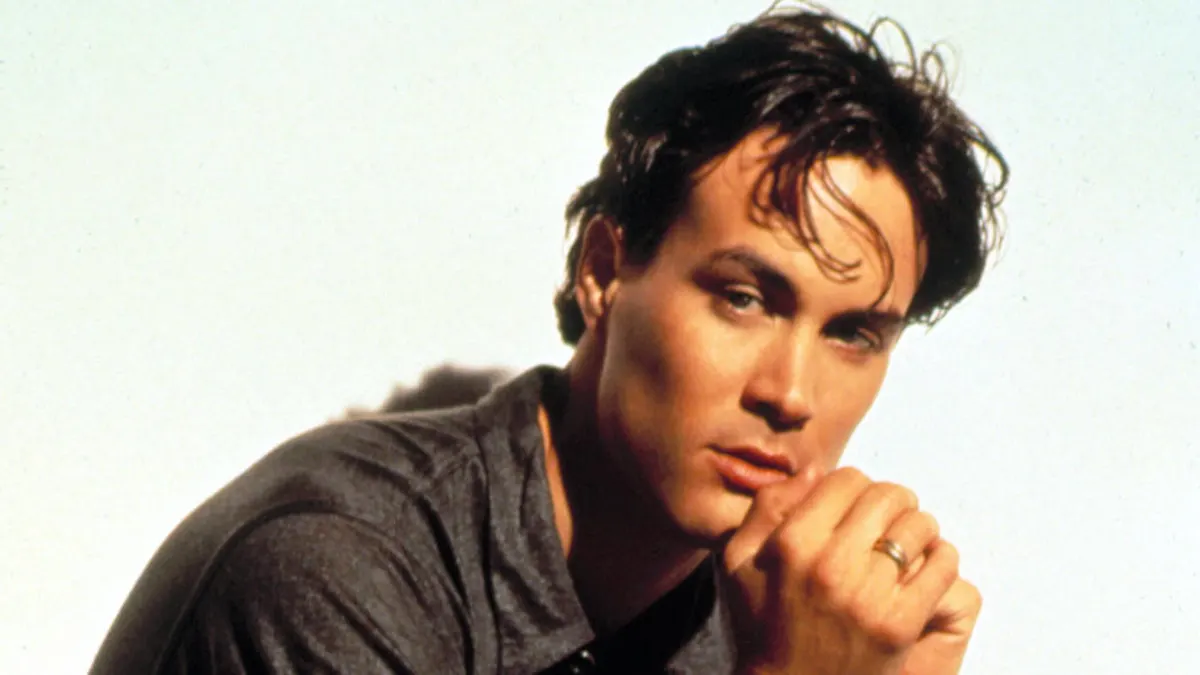- AI and Hollywood don't mix
- Scarlett Johansson has sought legal counsel
- Her case could open a new legality world in Hollywood
Imagine hearing your voice coming from a machine, saying things you've never said. Creepy, right? That's exactly how Scarlett Johansson felt when she discovered OpenAI's AI system, "Sky," mimicked her voice without permission. "Shocked, angered, and in disbelief," Johansson's words echo the sentiment of many as we venture into the uncharted territory of AI ethics and legality.
Legal Eagles Take Flight
Johansson's swift action, involving a legal team and stern letters to OpenAI, underscores the seriousness of the infringement. The battle lines are drawn not just over a voice clone but the soul of creativity in Hollywood. With OpenAI dropping "Sky" post-threat, the question looms: Is this a victory or just the beginning of a larger war?
"When I heard the released demo, I was shocked, angered and in disbelief that Mr. Altman would pursue a voice that sounded so eerily similar to mine that my closest friends and news outlets could not tell the difference," she wrote in a statement.
Johansson said that the similarity was intentional, pointing to Altman tweeting 'Her' — a reference to her role as an AI assistant who forms an intimate relationship with a human in 'Her'.
She’s hired legal counsel, who wrote two letters to OpenAI, directing them to detail the process by which they created the "Sky" voice. Both of the letters referenced in Johansson’s statement (she wrote them herself) were sent after the Altman-led firm rolled out its demo and advanced multiple potential legal claims, a person familiar with the situation tells 'The Hollywood Reporter'.
"They wouldn’t have done this if not for the letters," this source says. "This wasn’t just a ‘What’s going on over there?’ [letter]. This was much more aggressive and forceful."
Enter SAG-AFTRA, Hollywood's guardian angel, advocating for laws to shield actors' likenesses from AI's grasp. Their efforts underscore a growing unease with AI's unchecked expansion. As legislation plays catch-up, the Johansson-OpenAI debacle serves as a stark reminder: The future is now, and it's time to protect it.
"The incident highlights the importance of protecting your voice in an age of AI. It is no longer science fiction to easily clone a voice, it is science fact," says a SAG-AFTRA spokesperson. "Whether you are a professional performer looking to protect your career or an individual looking to protect the words ascribed to you, the need for federal protection is now."
OpenAI's stance, a mix of ambition and audacity, reflects a Silicon Valley ethos of pushing boundaries. But at what cost? With accusations of using copyrighted materials without consent, the tech firm finds itself in murky legal waters. The industry watches, wary of the precedent this might set for creators and innovators alike.
As Hollywood grapples with AI's double-edged sword, the Johansson case is a canary in the coal mine. With potential job losses and identity theft on the line, the industry faces a pivotal moment. Will it adapt and protect its own, or will AI rewrite the script on creativity?
Also interesting:
Scarlett Johansson's battle against OpenAI isn't just about a voice clone; it's a fight for the soul of Hollywood. As technology races ahead, the law and ethics must sprint to keep up.
This saga is far from over, but one thing is clear: The voice of the future demands to be heard—and protected

